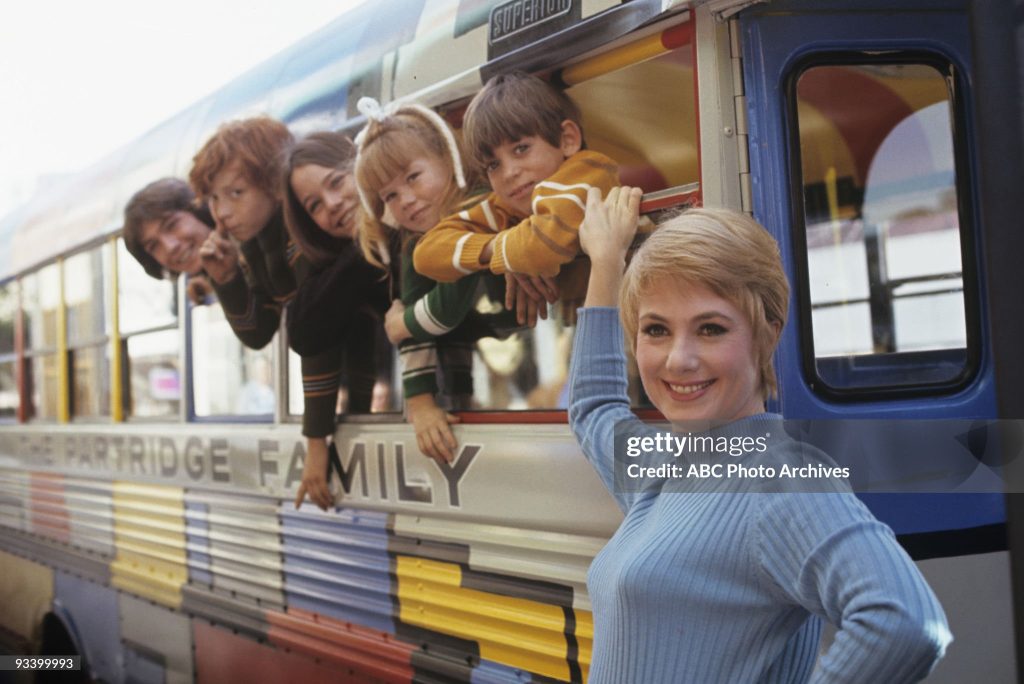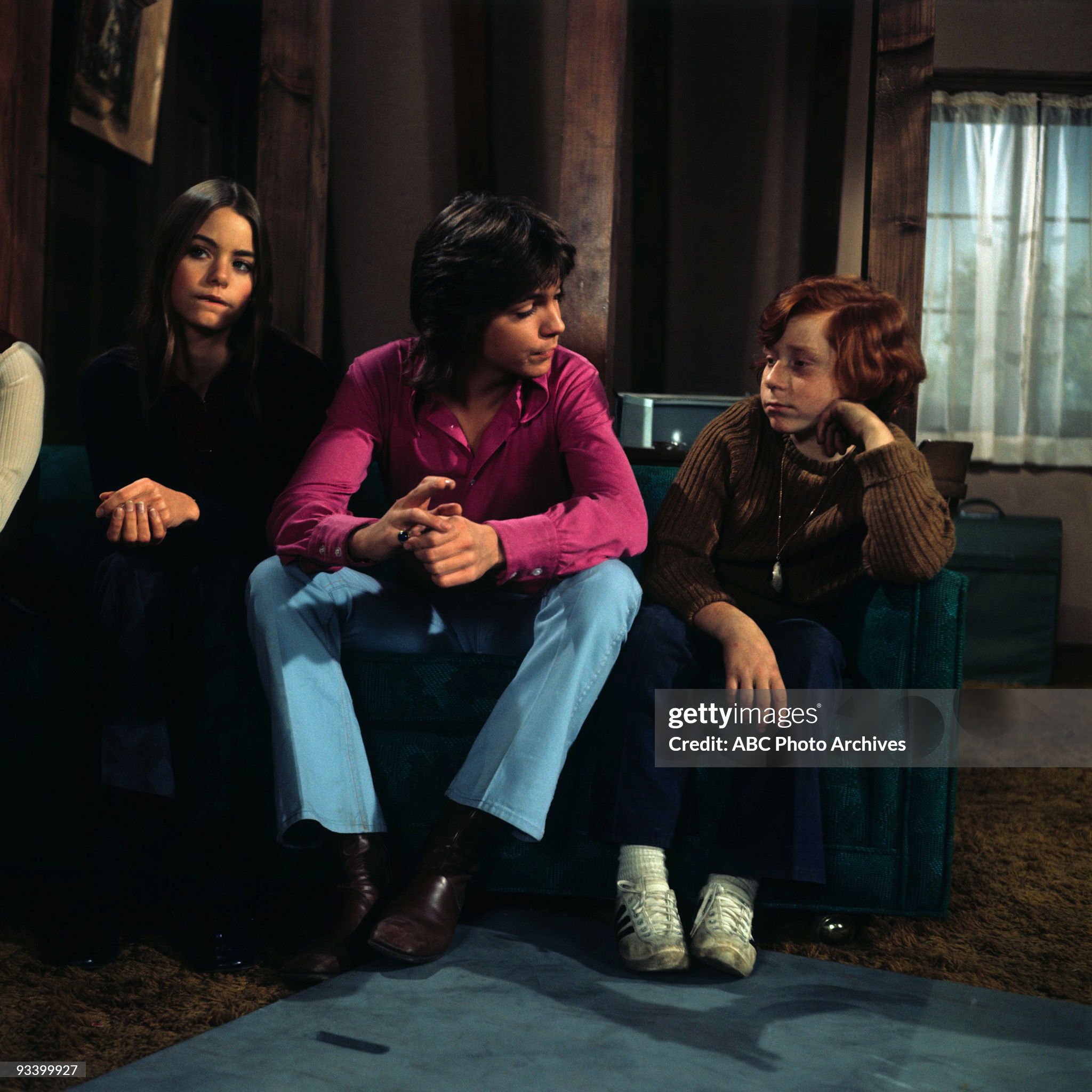
A Nostalgic Ode to Devotion and Time
When we delve into the rich tapestry of 1970s pop music, “Twenty-Four Hours A Day” by The Partridge Family emerges as a timeless piece that evokes profound emotions of love and unwavering devotion. Released in a period when the world was slowly transitioning from the carefree vibes of the 60s to a more introspective era, this song serves as both a comforting reminder of simpler times and a testament to the enduring nature of genuine affection.
At its core, “Twenty-Four Hours A Day” is an ode to the ceaseless dedication one can feel for another person. It’s about those all-encompassing feelings that occupy your thoughts every moment of the day, an experience many of us have shared at least once in our lives. The song beautifully captures this sentiment with lyrics that speak directly to the heart, enveloping listeners in a warm embrace of nostalgia.
The Partridge Family, an emblematic icon of 70s pop culture, was not just a fictional TV family but also a musical phenomenon that captured the hearts of millions. Led by the charismatic David Cassidy, their music transcended the small screen and found its place in the hearts of listeners worldwide. “Twenty-Four Hours A Day” was part of their celebrated discography that resonated deeply with fans, both young and old.
Upon its release, the song was warmly received, resonating particularly with those who were already fans of The Partridge Family’s wholesome image and catchy tunes. While it may not have soared to the top of every chart, it carved out a niche for itself as a beloved track within their repertoire. Its gentle melody and heartfelt lyrics ensured it remained a favorite for many who grew up during that era.
The story behind “Twenty-Four Hours A Day” is one rooted in simplicity yet profoundness. It reflects an era when music was primarily about conveying emotions and telling stories that listeners could relate to on a personal level. The 1970s was a time when people were starting to look inward, seeking meaning and connection amid rapid societal changes. This song offers just that—a sense of connection through shared experiences of love and devotion.
Musically, the song carries the signature sound of The Partridge Family—light-hearted yet deeply emotional. The arrangement is uncomplicated, allowing the lyrics to take center stage. David Cassidy’s smooth vocals guide us through this emotional journey, making each listener feel as though they are being personally serenaded. It’s this intimacy that has allowed “Twenty-Four Hours A Day” to remain relevant decades after its initial release.
For older listeners revisiting this track, it serves as a vessel back in time—a reminder of youthful days spent dreaming and loving without reservation. For younger audiences discovering it anew, it offers insight into an era where music was crafted with earnestness and authenticity.
Reflecting on “Twenty-Four Hours A Day,” one can’t help but be swept up in memories—of first loves, long summer days, and moments when time seemed infinite. It’s a reminder that while decades may pass, certain feelings remain unchanged; love is timeless, transcending generations.
In closing, The Partridge Family’s “Twenty-Four Hours A Day” stands as a beautiful testament to enduring love and dedication. It invites us all to pause and reflect on those we hold dear—those for whom we would gladly devote every hour of every day. As we listen to its gentle strains, we are transported back to a time when life was perhaps simpler but no less profound in its joys and sorrows. Through this song, The Partridge Family continues to touch our hearts, proving that true emotion in music never fades—it only deepens with time.
